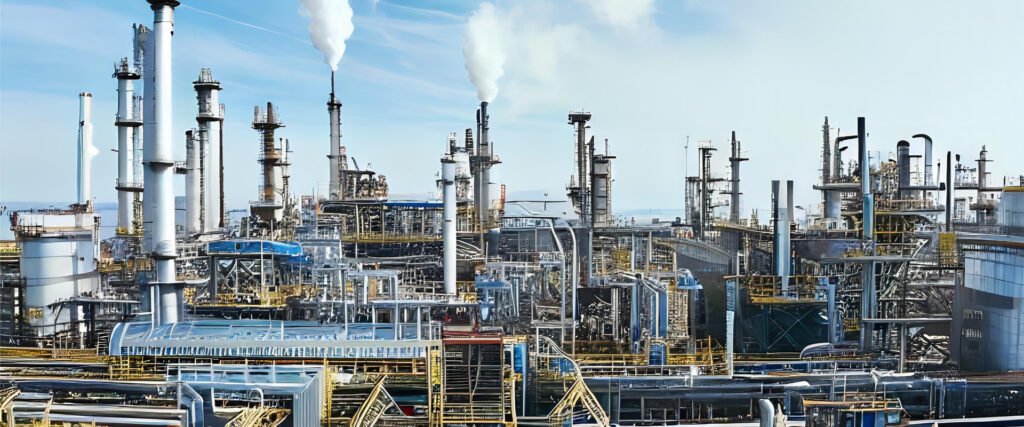Your cart is currently empty!
TEL:08615998857658

Metalworking fluid additives
Metalworking fluids (MWFs) often require additives to enhance their performance in machining operations.
Description
| Metalworking fluids (MWFs) often require additives to enhance their performance in machining operations. Additives serve various purposes, including lubrication, cooling, corrosion protection, and bacterial control. Here are some common additives used in metalworking fluids:
Lubricity Agents: Compounds like fatty acids, esters, and chlorinated paraffins improve lubrication between the cutting tool and workpiece, reducing friction and heat generation during machining. Coolants: Additives like glycols or water-based solutions help dissipate heat generated during machining processes, preventing overheating and maintaining tool integrity. Corrosion Inhibitors: Compounds such as amines or nitrites protect metal surfaces from corrosion caused by exposure to MWFs and machining environments. Biocides: To prevent bacterial and fungal growth within the fluid, biocides like formaldehyde-releasing compounds or isothiazolinones are added. Extreme Pressure (EP) Additives: Compounds like sulfurized fats or chlorine compounds are used in heavy-duty cutting operations to handle high pressure and load conditions. Anti-Foaming Agents: Surfactants or silicones control foam formation in MWFs, ensuring efficient machining and system operation. pH Adjusters: Compounds like amines or borates are added to control the pH of the MWF, ensuring the stability of the fluid and protecting the machinery. Rust Inhibitors: Compounds like phosphates or certain organic acids help prevent rust formation on metal surfaces in contact with the MWF. Emulsifiers: Aid in maintaining the stability of oil-water emulsions in soluble metalworking fluids. Viscosity Modifiers: Compounds that adjust the viscosity of the MWF to ensure proper lubrication and cooling. These additives are carefully blended to create MWF formulations suitable for specific machining operations and materials. The selection and proportions of additives depend on factors like the machining process, material being worked on, environmental conditions, and desired performance characteristics. |







Reviews
There are no reviews yet.